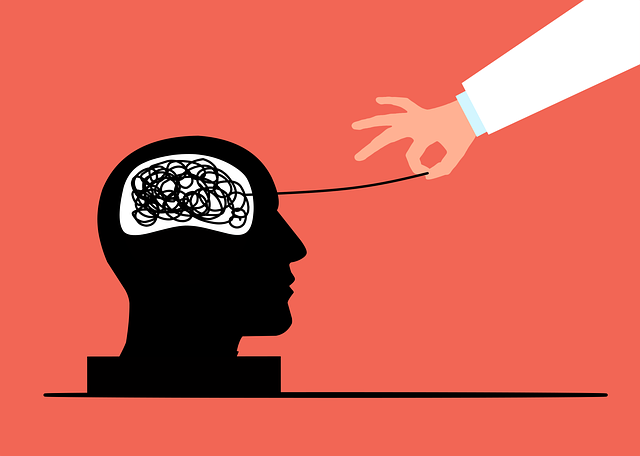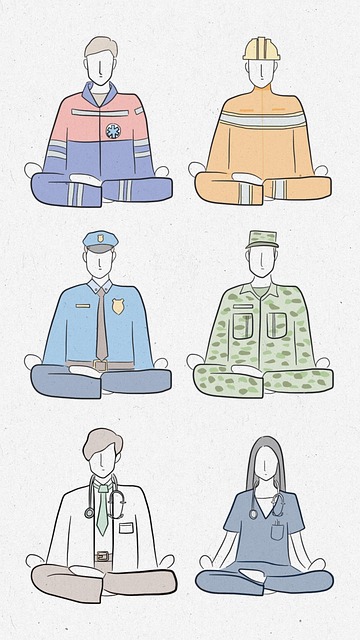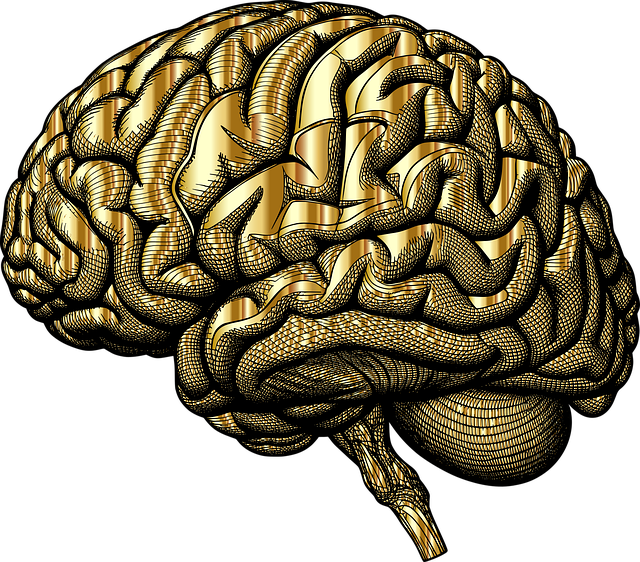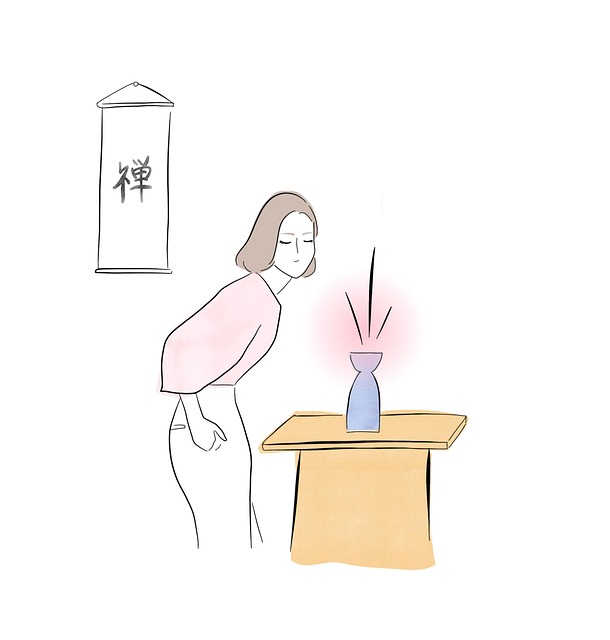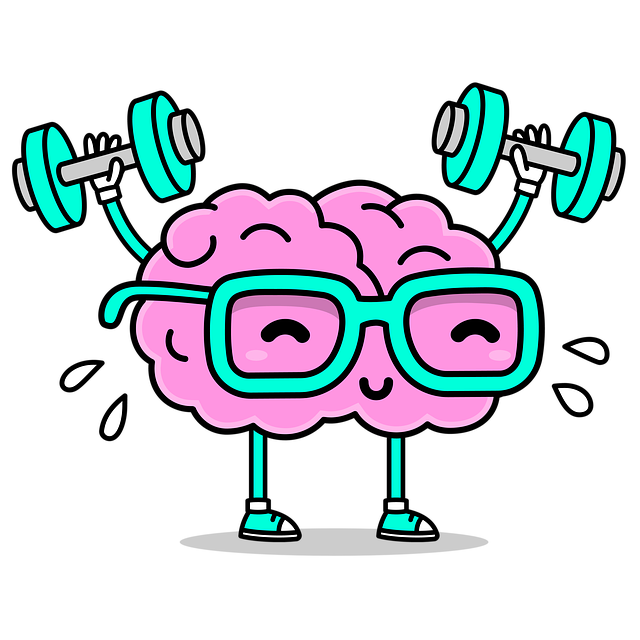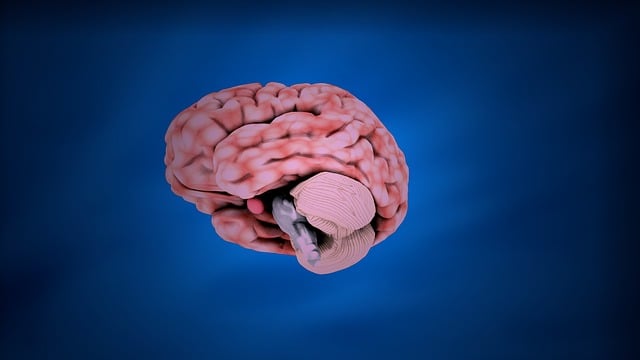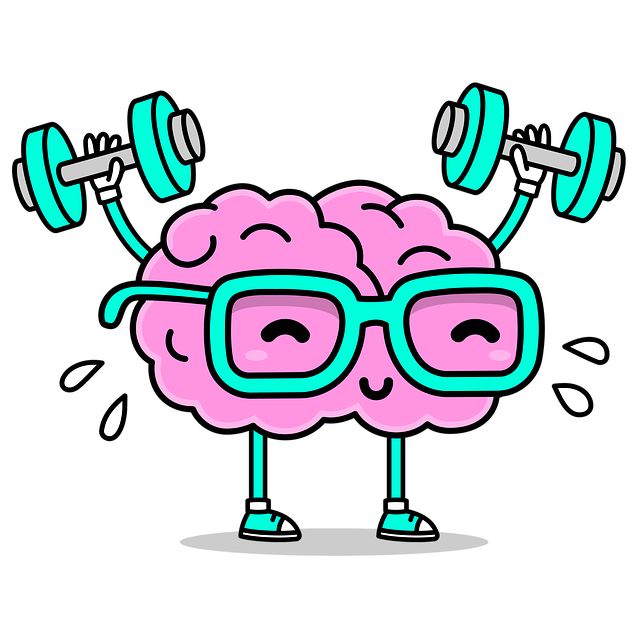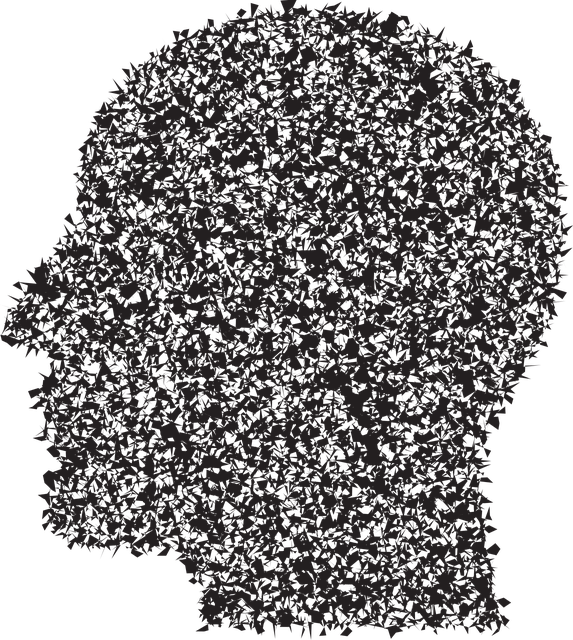Superior Children Therapy emphasizes resilience-building through the RFM (Strengths, Resources, Future Motivation) model, Compassion Cultivation Practices, and Mindfulness Meditation. This personalized approach assesses individual needs, incorporating Burnout Prevention Strategies and Mood Management for effective coping mechanisms. Tailored activities like storytelling and role-playing foster emotional strength in children. Regular assessments measure progress, ensuring programs remain sensitive to cultural diversity and effective in enhancing resilience and well-being.
Discover the transformative power of RFM (Resilience, Flexibility, and Mastery) in superior children’s therapy. This comprehensive guide explores how RFM exercises can empower young minds to navigate challenges. From understanding RFM’s role in child therapy to designing tailored resilience activities, we demystify effective implementation strategies. Learn how to identify children’s unique needs, create a supportive environment, and measure success. Elevate therapeutic outcomes and foster resilient individuals with these powerful tools.
- Understanding RFM and its Role in Child Therapy
- Identifying Children's Resilience Building Needs
- Designing Effective Resilience Exercises for Kids
- Implementing RFM Strategies in a Therapeutic Setting
- Measuring Success and Adjusting the Approach
Understanding RFM and its Role in Child Therapy

Resilience is a vital aspect of child therapy, and one effective framework that therapists can utilize is the RFM model. RFM stands for Strengths, Resources, and Future Motivation – three key elements crucial in fostering emotional well-being promotion techniques for children. By understanding a child’s unique strengths and resources, therapists can help them navigate through difficult experiences and build resilience. This process involves identifying what the child is good at, their support systems, and what motivates them to move forward.
In superior children therapy sessions, Compassion Cultivation Practices and Mindfulness Meditation are often integrated as essential tools within the RFM framework. These practices encourage kids to develop self-compassion, emotional awareness, and a sense of inner calm – all of which contribute to enhanced resilience. Through these mindfulness meditation techniques, children learn to observe their thoughts and emotions without judgment, fostering a deeper connection with themselves and improving their overall emotional regulation skills.
Identifying Children's Resilience Building Needs

Identifying a child’s resilience-building needs is a crucial step in fostering their overall well-being and mental health. Every child is unique, with distinct experiences and challenges that shape their ability to cope with adversity. Superior Children Therapy emphasizes the importance of understanding these individual needs to create personalized support systems. This process involves assessing their current emotional state, past experiences, and environmental factors that might impact their resilience.
By incorporating Burnout Prevention Strategies for Healthcare Providers, therapists can help children develop effective coping mechanisms and Mood Management techniques. Teaching them Stress Reduction Methods early on empowers kids to navigate challenging situations healthily. These strategies ensure that children build a robust foundation of resilience, enabling them to adapt and thrive in various environments.
Designing Effective Resilience Exercises for Kids

Designing effective resilience exercises for children involves tailoring activities that promote emotional strength and coping mechanisms tailored to their age group. Superior Children Therapy emphasizes the importance of engaging, interactive methods such as storytelling, role-playing, and creative arts. These techniques allow kids to express and process their feelings in a safe environment, fostering self-awareness and healthy ways to manage stress.
The Mental Health Education Programs Design should focus on building a solid foundation of resilience by teaching children skills like emotional regulation, problem-solving, and positive self-talk. Trauma Support Services can integrate these exercises into existing programs, ensuring that kids develop robust mental health habits early on. By incorporating burnout prevention strategies for healthcare providers—such as mindfulness and stress management techniques—into the curriculum, children learn to navigate challenges with resilience, preparing them for a brighter and more resilient future.
Implementing RFM Strategies in a Therapeutic Setting

Implementing RFM (Resilience, Flexibility, and Mastery) strategies in a therapeutic setting offers a powerful approach to enhancing mental wellness among children. Superior Children Therapy recognizes that equipping young minds with resilience is key to their overall development. By integrating RFM techniques into therapy sessions, practitioners can create a safe space for kids to explore and develop coping mechanisms tailored to their unique needs. This personalized approach fosters a sense of mastery over challenges, boosting self-esteem and resilience in the face of adversity.
The incorporation of these strategies extends beyond individual therapy; it can be seamlessly woven into group settings and workshops. Stress Management Workshops Organization and Mental Wellness Coaching Programs Development are effective ways to introduce RFM concepts to a broader audience. Through engaging activities and interactive sessions, children learn valuable stress reduction methods, gain flexibility in their thinking, and cultivate a sense of control over their emotions. Such structured programs contribute to building a resilient community where young individuals can thrive despite life’s obstacles.
Measuring Success and Adjusting the Approach

Measuring success and adjusting the approach are vital components of implementing RFM (Resilience-Based Mindfulness) and resilience-building exercises. At Superior Children Therapy, we believe in a tailored, adaptive strategy to ensure optimal results. The effectiveness of these programs can be gauged through regular assessments, monitoring changes in participants’ emotional regulation, coping mechanisms, and overall well-being. This data provides valuable insights into the progress being made and helps identify areas for improvement within our approach.
Cultural sensitivity in mental healthcare practice plays a significant role here. By understanding the diverse backgrounds of our clients, we can adapt the exercises to resonate with their unique experiences, fostering a deeper connection and more meaningful engagement. Additionally, stress management techniques are integrated into the curriculum, teaching participants practical tools to navigate challenging situations. Social skills training complements this by promoting healthy interactions, enhancing peer relationships, and building a supportive network that reinforces resilience. Through continuous evaluation and refinement, our approach ensures that we remain effective, sensitive, and responsive to the evolving needs of our clients.
Implementing RFM (Resilience, Flexibility, and Mastery) strategies in child therapy offers a comprehensive approach to superior children’s therapy. By understanding each component and tailoring exercises to individual needs, therapists can empower kids to navigate challenges with resilience. Effective implementation requires a structured yet flexible framework, allowing for adjustments based on progress and unique circumstances. Measuring success involves observing behavioral changes and improvements in coping mechanisms, ensuring a dynamic and responsive therapeutic process that fosters long-lasting resilience.
